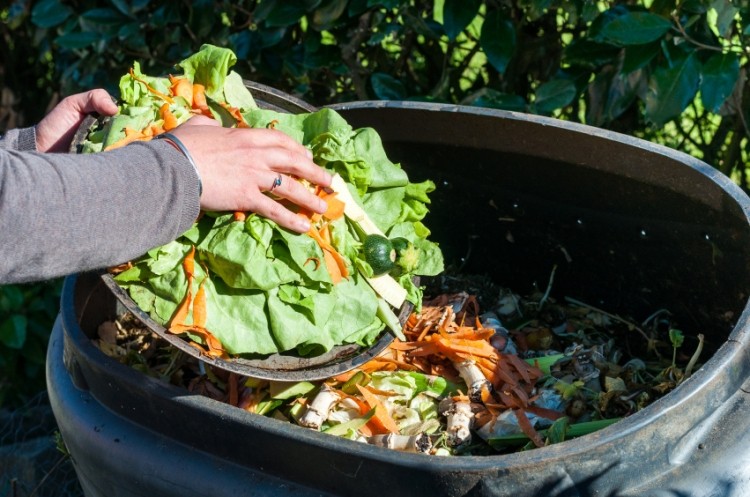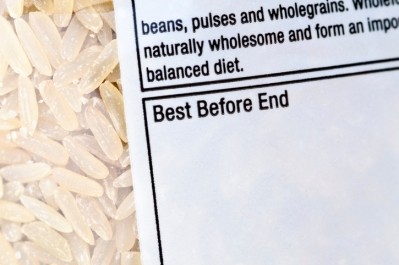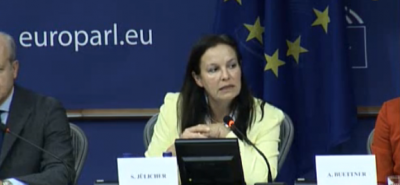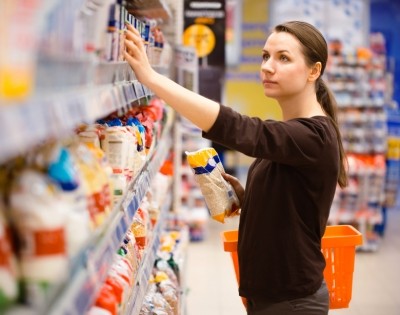Two thirds use their senses rather than 'use by' dates

The same survey, involving 1500 UK consumers, found that 56% of Brits agreed it was safe to eat food past its best before date, while over a quarter (28%) said they would eat food after the use by date.
'Use common sense'
The findings come as EU health and food safety Commissioner Vytenis Andriukaitis singled out best before dates as a factor that was fuelling food waste in the EU.
“We all have to take responsible actions and take care of food. Respect people who produce food by not throwing it away, not buying huge quantities and leaving them to rot in a fridge," he told participants at the Milan Expo.
"And also we have to use a common sense, for example when you see a date "best before" on a bottle of water – that does not mean you need to throw it away next day. We have to explain more what the dates actually mean."
Andriukaitis said that minimising food waste by 30% would mean saving €300 bn worth food in ten years - a statistic he said was "very thought-provoking".
Bin the best before labels?
As the EC prepares its strategy towards a circular, resource-efficient economy, due later this year, a European Parliament think tank recently wrote in favour of scrapping the best before label for certain foods.
“The 'best before' date, that is the recommended last consumption date, is often confused with the 'use by' date, intended for foods that are highly perishable (such as fresh meat or dairy products).
“[Scrapping] 'best before' labelling for certain products like coffee, pasta and rice… would help to prevent food waste, which accounts for 90 to 100 million tonnes of food annually in Europe alone, and this figure is expected to grow. The proposed labelling change could therefore be a solution not only to help end the current confusion among consumers but also to reduce food waste.”
A spokesperson for FareShare, a British NGO which redistributes food that is past its best before date, told FoodNavigator it supported such moves.
“Recent moves to just include use by and/or best before dates on food packaging can be positive steps in response to food waste reduction campaigns and by food companies themselves following feedback from their customers.”
Consumer safety
But senior food and drink analyst at Mintel, Douglas Faughnan, warned that manufacturers also needed to consider consumer safety.
“The lack of understanding and apparent disregard for use by and best before date labels is problematic on two fronts – consumer safety and food waste. Part of the problem may be down to consumer confusion around what the different terms on-pack mean, with the likes of “use by”, “best before” and “display until” apparently not clear or distinct enough."
He said that manufacturers could win favour by addressing such confusion and helping households to save money by reducing food waste.
“The openness from consumers to greater involvement from supermarkets and brands on how to store food safely further highlights the potential role for them in offering advice on shelf-life.”
In May this year, the French parliament voted in legislation requiring all supermarkets to give unsold, edible food to charity.

























